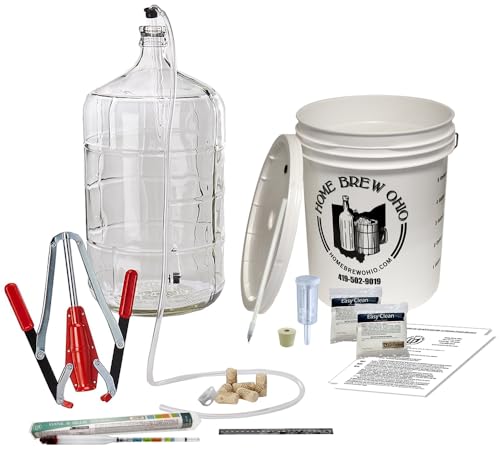interesting that the kits say to bottle so early, why would they do this?
Kit vendors are speaking the truth -- ANY wine can be bottled in 4 weeks from the start. Bottling early being a good idea? Not necessarily so, but it works.
As a thumb going forward, ill clear/bulk age for a few months in a carboy, maybe with a racking in the middle to get it off any sediment?
There are multiple schools of thought on racking, all valid even though they contradict each other. Yeah, that's a hard things for new winemakers to make sense of.
I was originally taught to rack wines every 3 months, even if there was no sediment. Much later I learned about "sur lie" and "battonage" (search on those topics), which taught me fine lees is not a problem.
Gross lees (fruit solids) supposedly drop within 24-72 hours of the end of fermentation. Anything that drops after that is fine lees (yeast hulls).
When pressing wine, I typically let it rest 1 to 3 weeks in glass (depends on the wine and my schedule). Reds are racked into barrels and they remain unracked for typically 12 months. Whites go back into glass, and rest for 3 to 6 months, depending on the wine. I add K-meta every 3 months -- the first treatment is stirred in; after that I withdraw a sample, add K-meta, and re-add the sample with the hopes that it will spread enough. This avoids stirring up the sediment.
How long would you ideally leave a kit wine from fermentation to drinking? i know thats a very open question.
Bob's answer is spot on.
Whites will be ready earlier, although heavier whites (say Chardonnay with oak) may take longer to be drinkable. I've had white kits peak at 9 months and in decline at 12, whereas others were great as 24 months, so popping a cork periodically and recording your impressions is in your best interest. It's the best self-taught class on wine aging possible.
Reds are all over the board. Kits made from just concentrate will probably mature early, some are drinkable at 4 months. Longevity on these varies, probably 2 years as a very rough guess. Kits made with oak and/or skin packs will have a longer life cycle.
These are ballpark time frames -- every wine is different and if you make enough wines, you WILL be surprised from time to time. Mother Nature and Dionysus have a weird sense of humor and like to mess with us mortals ...




















































